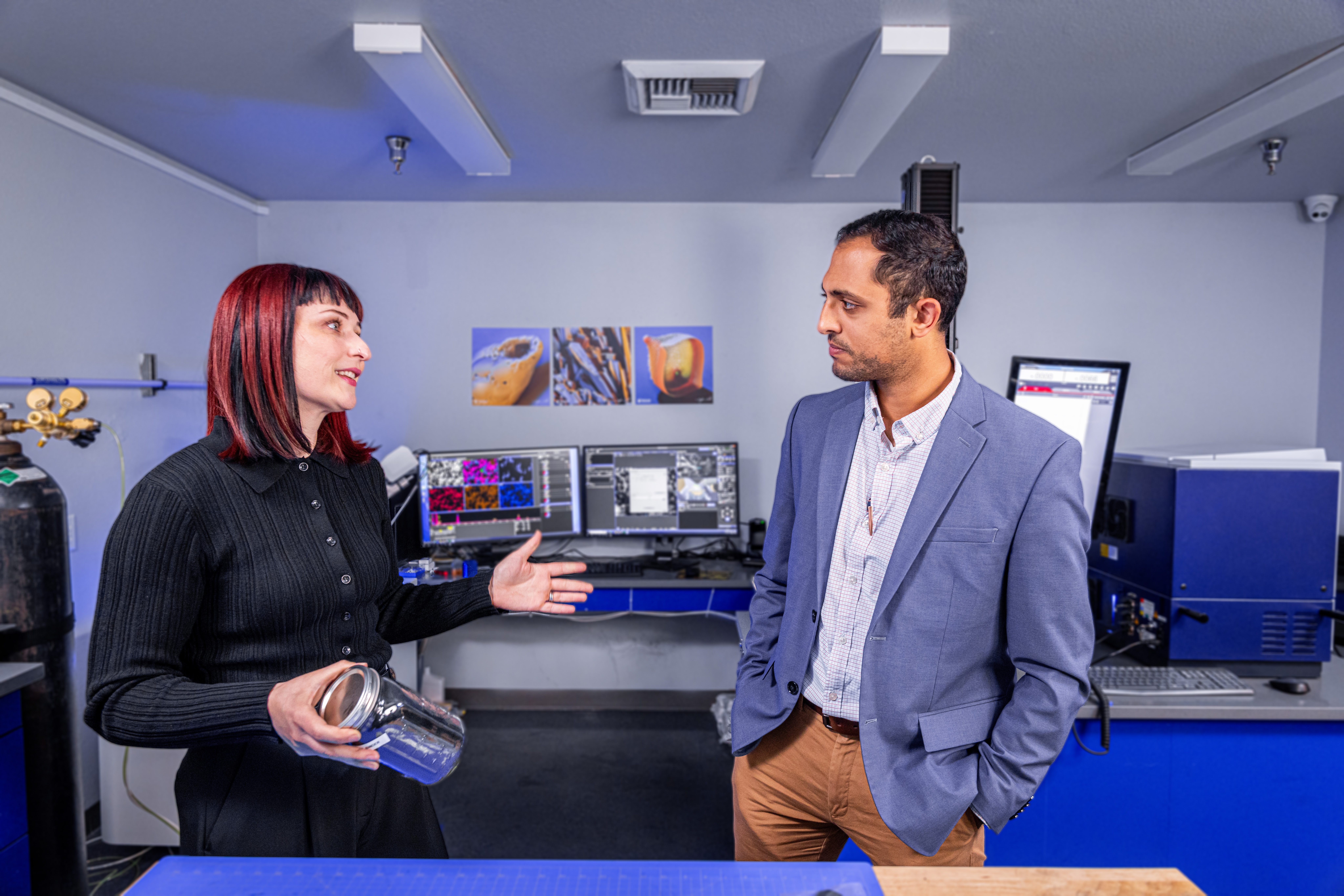
(Dragonfly Energy, 9.May.2024) — Dragonfly Energy Holdings Corp. (Nasdaq: DFLI) has made a significant breakthrough in battery manufacturing with the successful production of PFAS-free electrodes in lithium battery cells. As concerns mount over PFAS (per- and polyfluoroalkyl substances), also known as ‘forever chemicals,’ Europe is poised to enact restrictions on its use. This could negatively impact many battery suppliers, as PFAS are a common chemical in lithium-ion battery production which have been linked to environmental and health risks. The US Environmental Protection Agency (EPA) has also been taking steps to address these mounting PFAS concerns.
Highlights:
— Concerned about “Forever Chemicals,” also known as PFAS (per- and polyfluoroalkyl substances), due to their environmental persistence and potential health risks, the European Union (EU) and US Environmental Protection Agency (EPA) are proposing restrictions on their use. This will greatly impact the lithium battery industry, as PFAS are commonly used in electrode production.
— Using their proprietary dry electrode battery manufacturing process, Dragonfly Energy has successfully produced lithium battery cells with PFAS-free electrodes. This positions the Company well to capitalize on market shifts towards sustainable alternatives, as regulations potentially come into effect.
— Dragonfly Energy’s scalable cell manufacturing process is available for global licensing and joint development opportunities, positioning them for international partnerships.
PFAS pose a growing challenge for the lithium-ion battery industry. These substances are widely used in battery components, from electrolytes to electrode binders, but can be released into the environment during production, disposal, and recycling. Dragonfly Energy recognized this as an opportunity for differentiation and used the Company’s proprietary dry electrode battery manufacturing process to successfully produce a working lithium cell using PFAS-free electrodes.
“At Dragonfly Energy, we are deeply committed to the dual imperatives of environmental sustainability and technological advancement,” said Denis Phares, Chief Executive Officer of Dragonfly Energy.
“This breakthrough by our team exemplifies this commitment. By successfully demonstrating the removal of persistent forever chemicals from lithium battery cells, we believe we are well-positioned to address a critical challenge facing the future of energy storage,” Phares said.
Today, traditional lithium-ion battery production relies on both PFAS and toxic solvents like NMP (N-Methyl-2-Pyrrolidone). Dragonfly Energy has not only successfully demonstrated its ability to produce PFAS-free electrodes, but the company’s proprietary dry electrode manufacturing process was recently validated for its sustainable, cost-effective process. This process, highlighted by the use of no toxic solvents, also features a 22% smaller manufacturing footprint, is 25% less energy-intensive, and boasts a 9% reduced carbon footprint when compared to conventional manufacturing methods.
The European Union is poised for a major shift in its approach to PFAS regulation, with a proposed ban on over 10,000 PFAS chemicals on the horizon. This aggressive restriction, currently under evaluation by the European Chemicals Agency (ECHA), could take effect as early as 2026. Aimed at safeguarding public health and the environment, this ban presents a significant challenge for the European battery industry, which is undergoing a critical growth phase.
Recognizing the global potential of its dry electrode battery manufacturing process and its ability to produce PFAS-free electrodes, Dragonfly Energy is exploring international partnership opportunities. These partnerships could take the form of licensing its scalable cell manufacturing process, enabling established manufacturers to adopt Dragonfly Energy’s environmentally friendly technology. Additionally, Dragonfly Energy is open to jointly developing next-generation battery cells specifically tailored for the needs of new markets. Dragonfly Energy believes this strategic approach positions them as a leader in the evolving battery production landscape, well-equipped to address the growing demand for clean energy solutions worldwide.
____________________

